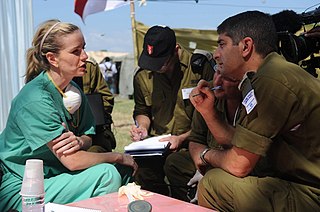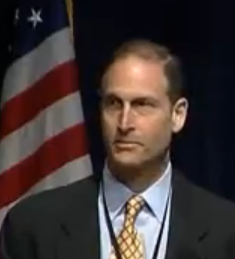A Quote by Jennifer Ashton
I hope to transform the way people think about health and information. Radio is a terrific medium to learn facts and figures easily and absorb new information.
Related Quotes
There is so much information that our ability to focus on any piece of it is interrupted by other information, so that we bathe in information but hardly absorb or analyse it. Data are interrupted by other data before we've thought about the first round, and contemplating three streams of data at once may be a way to think about none of them.
It can be tempting to blame others for our loss of direction. We get lots of information about life but little education in life from parents, teachers, and other authority figures who should know better from their experience. Information is about facts. Education is about wisdom and the knowledge of how to love and survive.
You know, entropy is associated thermodynamically, in systems involving heat, with disorder. And in an analogous way, information is associated with disorder, which seems paradoxical. But when you think about it, a bit of information is a surprise. If you already knew what the message contained, there would be no new information in it.
Well, there's a question as to what sort of information is important in the world, what sort of information can achieve reform. And there's a lot of information. So information that organizations are spending economic effort into concealing, that's a really good signal that when the information gets out, there's a hope of it doing some good.
Well, there's a question as to what sort of information is important in the world, what sort of information can achieve reform. And there's a lot of information. So information that organizations are spending economic effort into concealing, that's a really good signal that when the information gets out, there's a hope of it doing some good...
I have written 5 books that address major figures in our culture: books on Malcolm X, Martin Luther King Jr., Tupac Shakur, Marvin Gaye and Bill Cosby. But even in the books that take up major figures, I hope to provoke conversation, insight and understanding about these personalities by providing new, fresh and vital information and analysis about them.
Most people think visual information is more important than aural information - like, what's this big deal about sound? And why should I bother to listen, rather than look? And here are the facts: there are blind species, in the backs of the caves, the bottoms of the oceans. It's not essential on planet Earth to be able to see, to be a species. But there are no deaf animal species. You have to be able to hear, or you won't get the information you need in order to survive.
The fact is that relatively few photographers ever master their medium. Instead they allow the medium to master them and go on an endless squirrel cage chase from new lens to new paper to new developer to new gadget, never staying with one piece of equipment long enough to learn its full capacities, becoming lost in a maze of technical information that is of little or no use since they don't know what to do with it.
The magic happens when you take facts and figures, features and benefits, decks and PowerPoints - relatively soulless information - and embed them in the telling of a purposeful story. Your 'tell' renders an experience to your audience, making the information inside the story memorable, resonant and actionable.
































